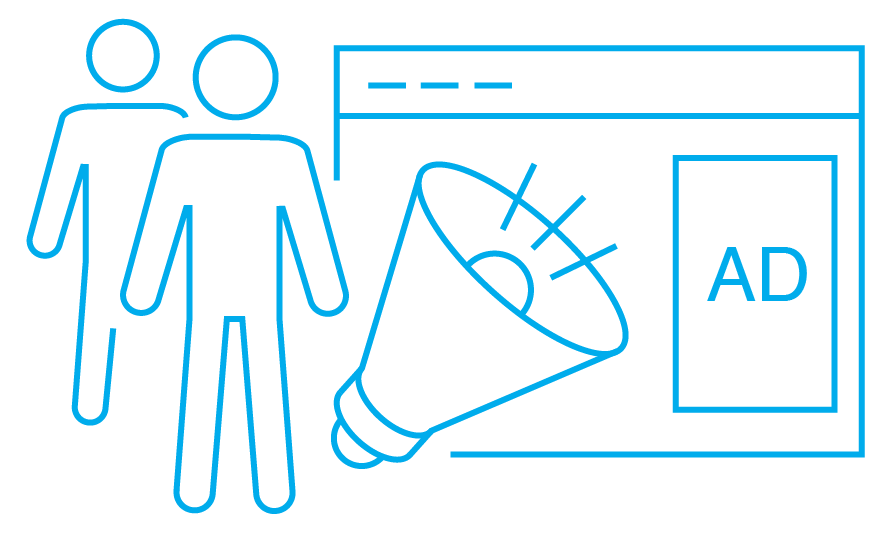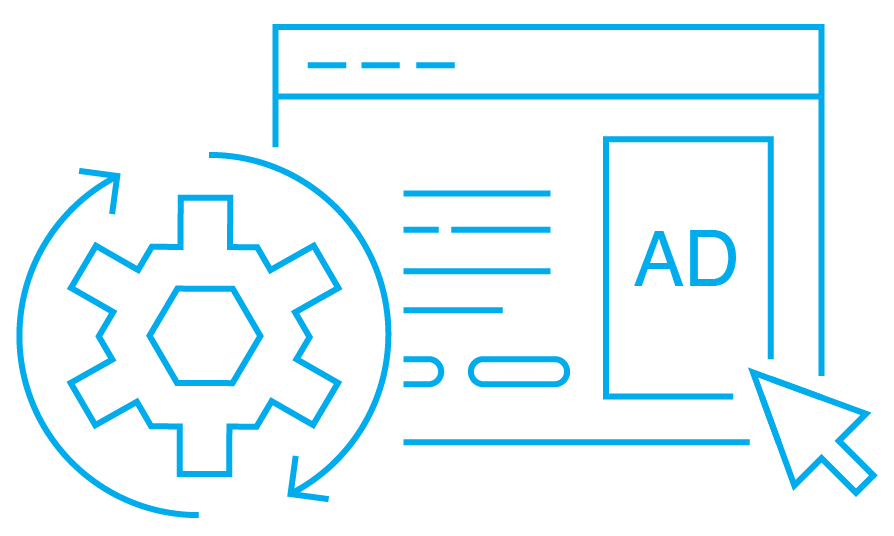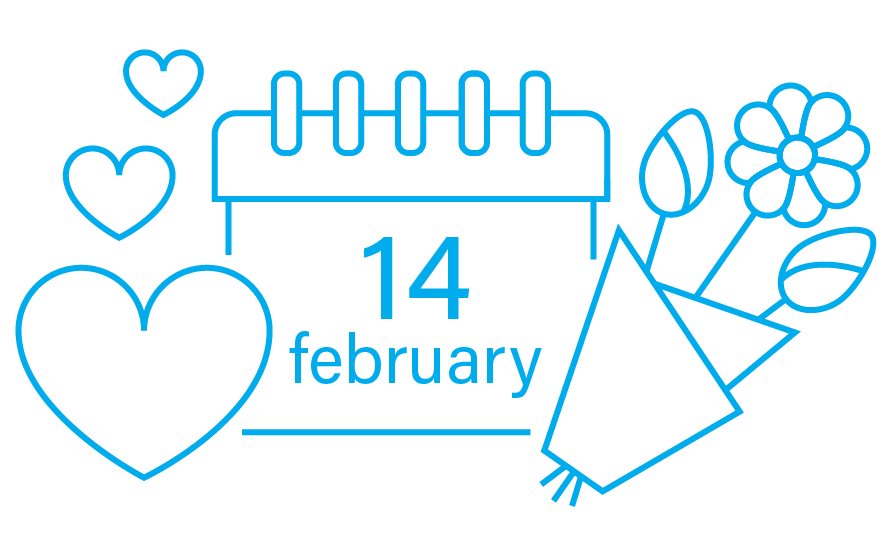- What is DMP?
- CDP - an evolution of CRM systems
- CDP vs. DMP - 5 key differences
- DMP - for whom?
- CDP - for whom?
- Learn more about a DMP
Overview:
- What is a DMP?
- CDP – an evolution of CRM systems
- CDP vs. DMP – 5 key differences
- DMP – for whom?
- CDP – for whom?
- Learn more about a DMP
Customer Data Platform (CDP) and Data Management Platform (DMP) may sound pretty similar but they are different platforms and both are used for managing collected information about users. Which platform is the best for your business? Let’s take a closer look.
What is DMP?

To make it easier to find the differences between two platforms, first, we characterise both of them. Let’s take a look at Data Management Platform. Firstly, it is a technology platform, in contrary to CDP which evolved as a new tool from CRM systems. DMP is a tech platform used for collecting and managing anonymous users’ data from various sources (both online and offline), mainly for digital marketing purposes.
In other words, on DMP you can store and manage information about users who visited your websites, were the target of your digital campaigns, filled online or offline surveys, etc. To learn more about DMP, check our article: What is a DMP?
DMPs are also connected to 3rd party data sets – a huge sets of anonymous information about Internet users from all over the world. The sets are divided into categories, such as Automotive, Travel, Age 29-34, which represents interests, purchase intentions or demography of users.
You can use provided audience data to target chosen group in programmatic campaigns. It helps you instantly promote your services or products among the chosen group on your target markets all over the world. If you want to reach a wide range of audience, DMP is the fastest and easiest way to do that.
Some of DMPs also lets you instantly analyse your audiences and make pre-, during- and post-campaigns analysis. What’s interesting, 54% of worldwide marketers use DMP to measure marketing success/ROI, according to eMarketer. To learn more about generating Audience Reports check our article How to use Audience Reports to get insights about users.
CDP – an evolution of CRM systems
Customer Data Platform (CDP) helps to manage customers data and, as we said, it is a tool which evolved from CRM systems. It is focused on data about your identified customers and includes personal information, such as name or email, which are usually included in company’s CRM. Marketers who wanted to automate processes connected to customer relationship management needed a new tool, more advanced than CRM systems, and CDPs filled that gap. The platform is used for communication with your current clients and for improving customer experience by delivering them personalized content.
A CDP gathers data from the company’s sources, such as mentioned CRM, websites, apps, etc. Mostly marketing departments use these platforms to prepare dedicated offers, promotions and personalized emails.
One of the biggest difference between DMP and CDP is that the first one allows marketers to use large sets of external users’ data (3rd party data) to find new clients on various markets. CDP base on 1st party data, which is usually personal data and collected only by the company, not sourced from third parties.
CDP vs. DMP – 5 key differences
CDP and DMP are both used for managing audience data, but their features are quite different, so to choose the best platform for your business, analyze which functionalities are crucial in your company.
In general, DMPs are used by large companies, publishers, media houses or marketing agencies that need to reach large audiences for various companies. CDPs are dedicated to smaller firms, where marketing departments can use it to manage all data about their current clients to maximize income by delivering them personalized offers. DMP gives you access to new audiences, from which you can acquire new customers and then deliver them personalized content by using CDP.
We marked 5 key differences between CDP and DMP

DMP – for whom?
When we know crucial differences between CDP and DMP, let’s sum up for whom a DMP is the best platform.
DMPs are designed for advertisers and agencies to increase the efficiency of ad campaigns and make targeting even more accurate. If you need to manage large sets of audience data, a DMP is a great tool for you. It is extremely useful for e-commerce, publishers, media houses, marketing agencies and all companies which want to significantly extend their target groups.
CDP – for whom?
While the DMPs are mostly for advertising purposes, CDPs help marketing departments to improve the relationship with current customers. Therefore, CDPs are for individual companies, in which marketing departments can manage user data and create personalized messages across various channels.
Learn more about a DMP
DMPs collects only anonymous information so by using the platform, companies comply with GDPR rules and other privacy regulations. The technology uses machine learning and AI tools to integrate all types of data, create segments of users and find the best converting ones. Here you’ll find more info how to use DMP in your business.




